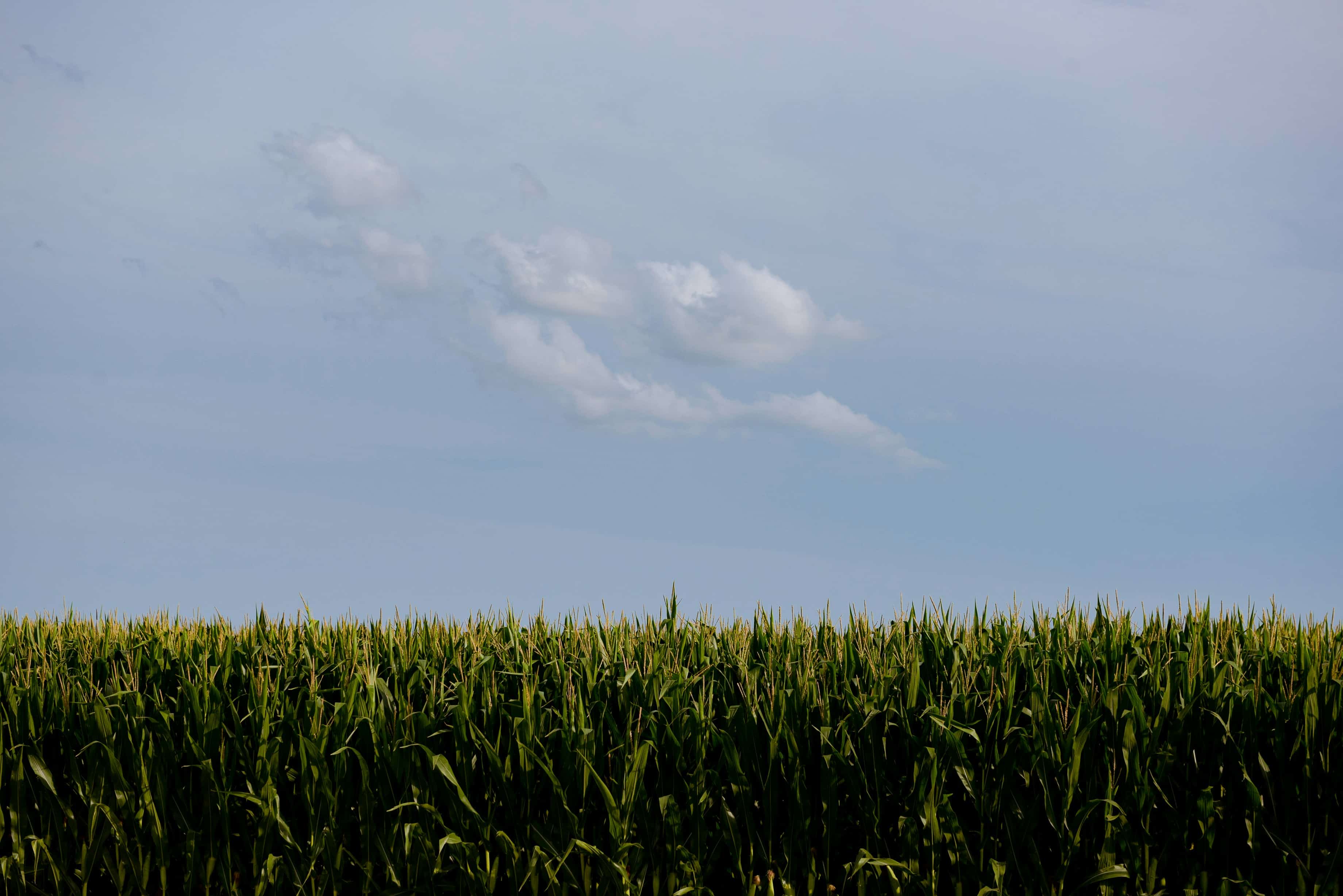Key Takeaways:
- USAID has committed $57.4 million to accelerate food security and climate-smart agriculture efforts globally, with $38 million dedicated to Feed the Future Innovation Labs.
- New and existing Innovation Labs will drive research on climate-resilient crops, disease-resistant livestock, and sustainable agricultural practices.
- Key partnerships include Kansas State University for sustainable intensification research and Washington State University for livestock vaccine advancements.
- Additional funding supports disease-resistant wheat varieties, crop diversity for climate resilience, and African leadership in agricultural policy reform.
Advancing Global Food Security Through Feed the Future Innovation Labs
At the 2024 World Food Prize Borlaug Dialogue in Iowa, the United States announced a commitment of $57.4 million through USAID to address global food security challenges. With over $38 million allocated to Feed the Future Innovation Labs, USAID’s investment will bolster research and development across diverse areas, including climate-smart agriculture, disease resistance, and food system resilience. This initiative reflects Feed the Future’s mission to reduce hunger, poverty, and undernutrition in vulnerable regions through innovative partnerships and technological advancements.
“Our commitment aims to harness the power of research and collaboration to create sustainable solutions for global agriculture,” USAID Administrator Samantha Power said. “By investing in innovation, we’re not only supporting food security today but building resilience for future generations.”
New and Expanded Innovation Labs
The funding includes two new Innovation Labs focused on critical agricultural challenges:
- Climate Resilient Sustainable Intensification Lab – Led by Kansas State University, this lab focuses on increasing agricultural productivity on less land, minimizing environmental impact, and developing climate-resilient practices for farmers in partner countries.
- Veterinary Vaccine Delivery Lab – Headed by Washington State University, this lab will work on cold-chain-independent vaccines for livestock, addressing disease prevention in regions with limited refrigeration capabilities.
In addition, existing labs will see new investments to advance their research. For instance:
- Cornell University and World Coffee Research will develop climate-resistant coffee varieties.
- University of Florida and University of California, Davis will focus on poultry disease management through advanced breeding techniques.
- Cornell, Purdue, and Michigan State Universities will continue research on climate-resilient crops, food safety, and local food security policies.
Global Partnerships for Sustainable Agricultural Solutions
Beyond the Innovation Labs, USAID’s funding will support several other key initiatives:
- Disease-Resistant Wheat: In partnership with the USDA and CIMMYT, USAID will accelerate the development of wheat varieties resistant to emerging diseases, strengthening crop resilience.
- Global Crop Diversity Trust: Funding will aid in preserving crop diversity, ensuring access to adapted seeds that can withstand climate stressors like pests, diseases, and extreme weather.
- Akademiya2063: Support for this non-profit organization will promote African leadership in agriculture policy reform, fostering regional solutions to food security challenges.


